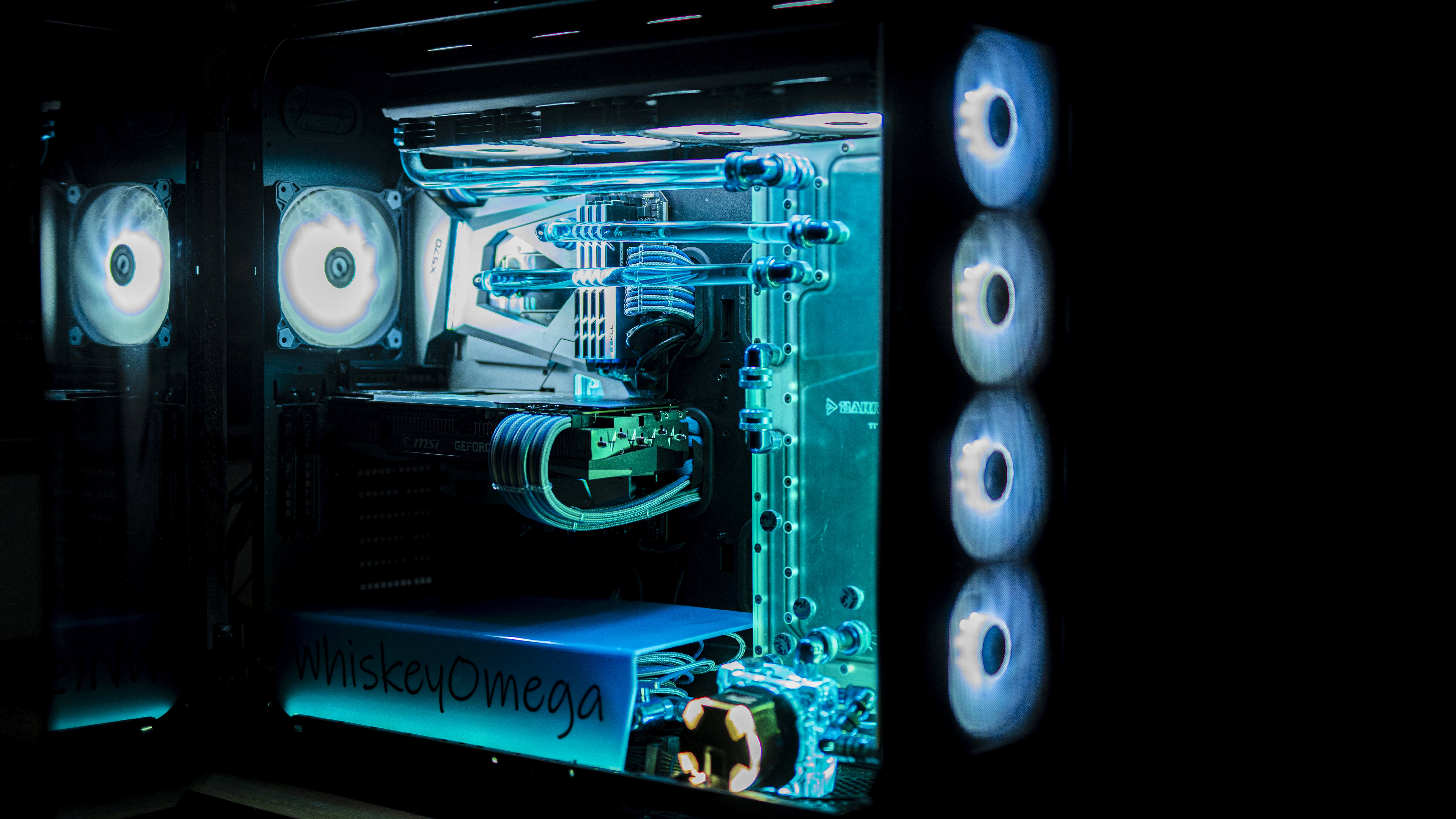Recently at the Tokyo Game Show Valve developer Pierre-Loup Griffais spoke to CNBC about PC gaming and Steam Deck, here’s what was said during the interview.
…
- When talking about the power of SteamOS - “we would like to work with other hardware manufacturers, so they can adopt SteamOS in the future”.
- On VR: “for Steam Deck we don’t really have a VR story to it, but it’s definitely something we want to explore more in the future”.
- For the future: “we’re not really seeing growth stop after COVID, so for us it’s really important to keep working on the current version of the Steam Deck, put together software updates we just released a big SteamOS 3.5 update that’s added new features we’re going to keep doing that - but also work on the hardware side supply chain, retail presence, work with distributors to get the Deck available worldwide and expand its audience so we’re going to be focusing on that short term - in the future we’re looking at the PC market and where technology is going and see if there’s any interesting opportunities there”.
- When asked about console cycles, games being higher-end and Steam Deck upgrades: “right now we’re looking at this performance target that we have as a stable target for a couple years, we think that it’s a pretty sweet spot in terms of being able to play all the experiences from this new generation and so far the new releases coming out have been great experiences on Steam Deck. We’re working with developers on future releases and we’re monitoring the feedback there but so far it’s been pretty good on the horsepower front”.
You must log in or register to comment.
…I just want Linux to keep being used for gaming. I hope people throw some working into getting Linux distros running good on the Windows devices that seem to be coming out.
It’s a huge shame that newer devices from other companies would rather half-assedly shove Windows and bog it down than to try to run their own optimized Linux distro


